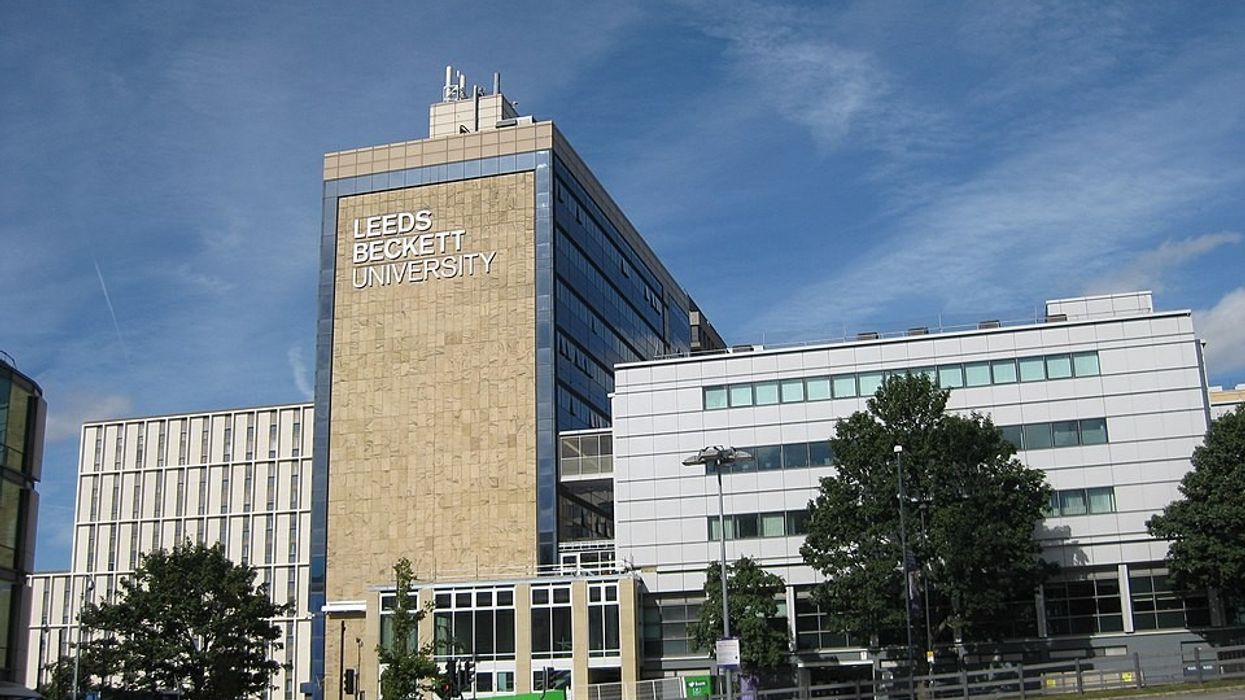UK academic has sued the Leeds Beckett University claiming discrimination after she was dropped from her advisory role over tweets calling a mixed-race man a “house negro”, The Guardian reported.
Aysha Khanom has alleged that the decision was discriminatory because of her belief in critical race theory and Black radicalism, the report added.
The university ended its association with Khanom after accusing her of “racist language” in relation to tweets using the terms “house negro” and “coconut”.
According to the report, Khanom is arguing that critical race theory and Black radicalism are protected beliefs under the Equality Act. She is also crowdfunding the legal costs.
Critical race theory says race is a social construct used to oppress people of colour and which begets systemic racism.
The legal claim has been supported by many antiracist organisations and academics in an open letter.
The letter was written by Kehinde Andrews, a professor of Black studies at Birmingham City University, and accused the University of censoring “central concepts in Black intellectual thought”.
The letter also points out that Malcolm X popularised the use of house negro, which described Black people who defended the status quo, eager to fit in with and please white people.
The first tweet was sent in February after the conservative political commentator Calvin Robinson said on BBC One’s The Big Questions that he had been attacked for being Black and right-wing: “For example, I have been called Bounty, Uncle Tom, house negro for not having the right opinion.”
On 14 February the Race Trust, which was founded by Khanom, posted a tweet, tagging Robinson and asking: “Does it not shame you that most people see you as a house negro?”
Khanom said she did not post the tweet but later accepted responsibility for it.
After numerous critical responses, she personally used the term “coconut” when responding to someone about the earlier tweet.
The next day, the university tweeted saying she was not an employee but it had terminated its association with her and “condemns the use of racist language”.
Khanom told The Guardian: "The terms were meant to be offensive, because they’re antiracist terms. You’re highlighting a problem … It’s almost upholding white supremacy. It’s so contradictory it’s unreal – racists have taken these terms and defined them for us. There is no way they are racist. They are meant to make someone feel uncomfortable, but just because something’s offensive doesn’t mean you can’t say it.
“I still get trolled on Twitter all the time and they [the trolls] post Leeds Beckett’s tweet. It’s always going to be there, that’s my main worry, especially as the work that I do is antiracist.”
Khanom said the university’s actions had affected her professionally and personally, in terms of her mental health.
In June, finding that gender-critical views were a protected belief, the employment appeals tribunal said only views akin to nazism or totalitarianism were unworthy of protections for rights of freedom of expression and thought under the Equality Act.
Emilie Cole, a co-founding partner of Cole Khan solicitors, which is representing Khanom, said the case would establish whether Khanom’s beliefs were protected.
She added that Khanom’s case is of significant importance for everyone who stands for academic freedom, freedom of speech, and equality.
“We are unable to comment on ongoing legal proceedings although we can confirm that we will be presenting a detailed response against this claim," a spokesperson for the university told The Guardian.





